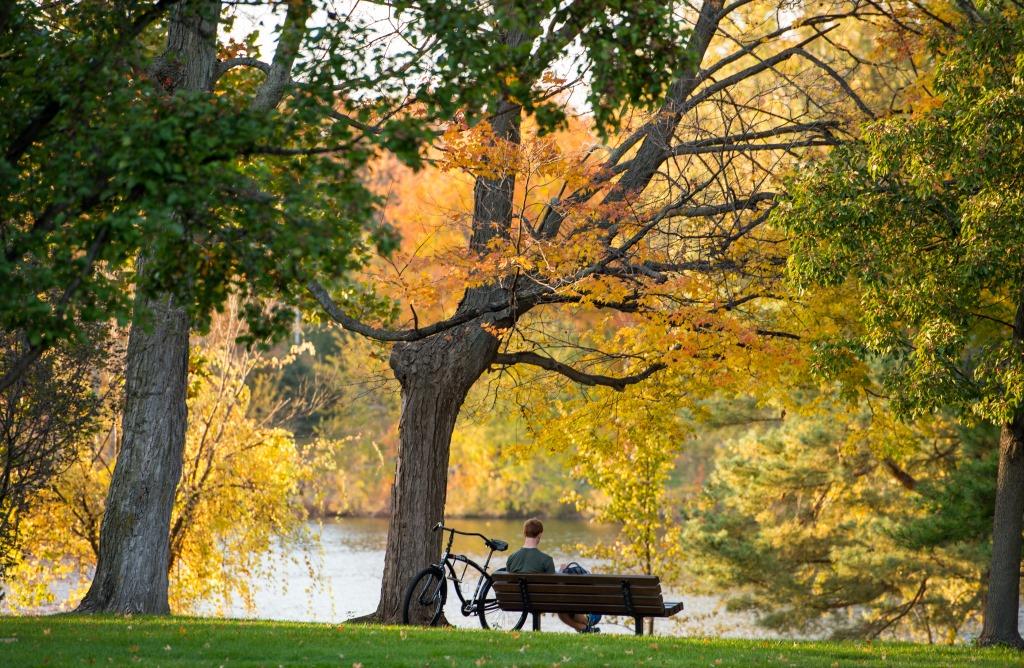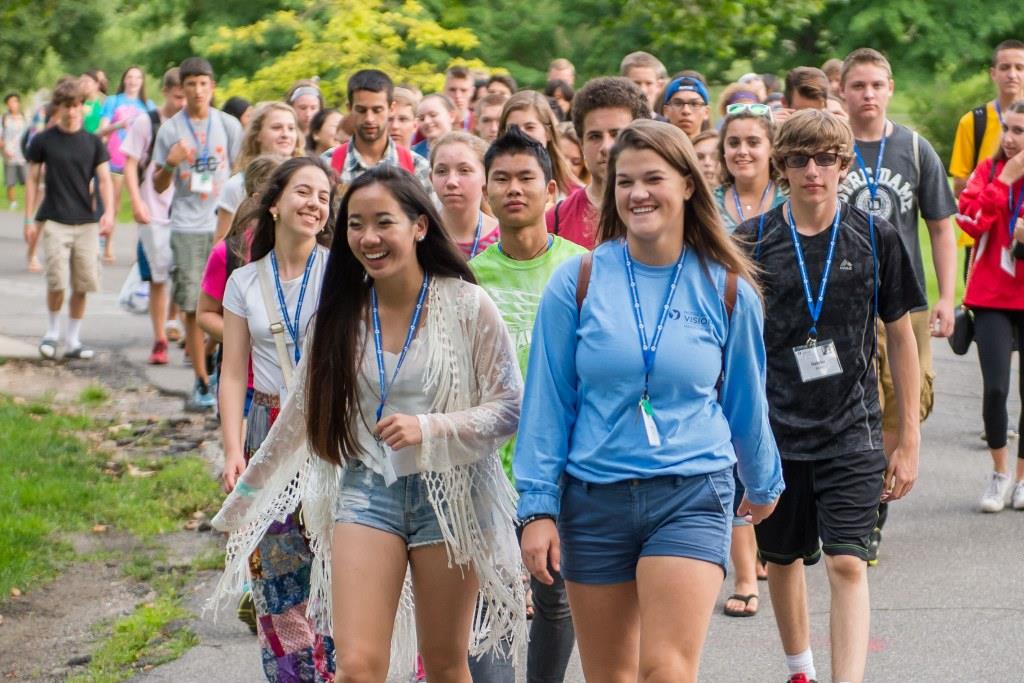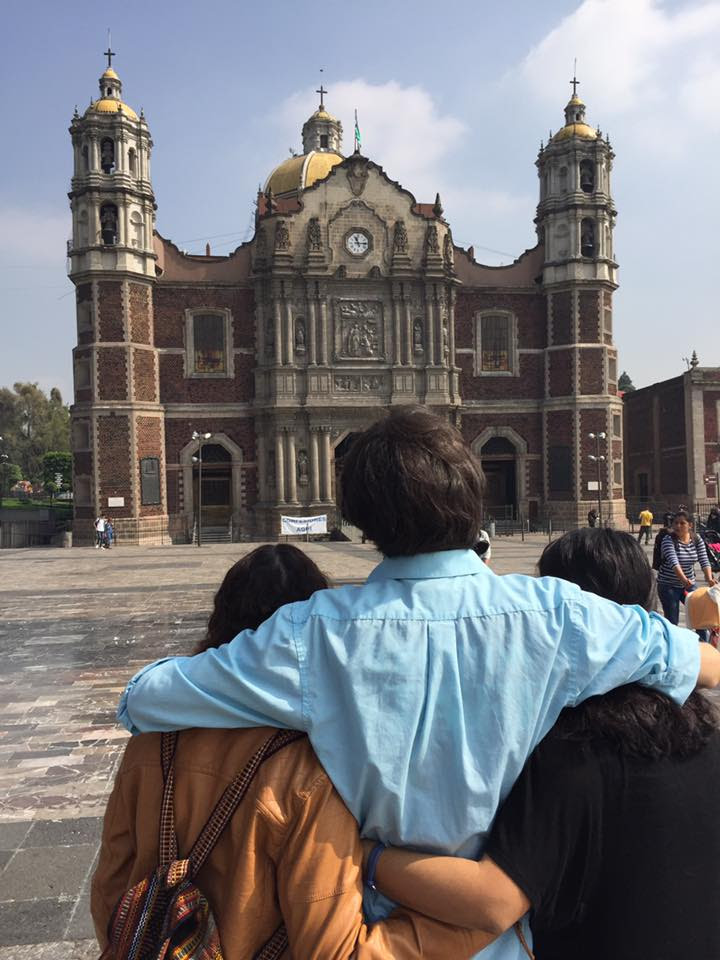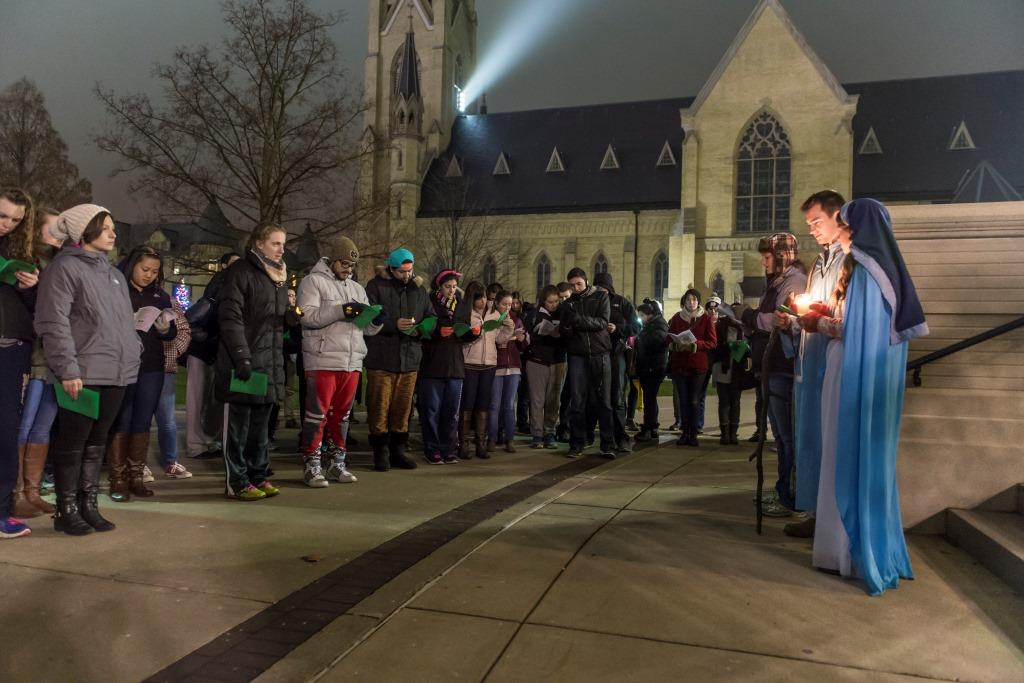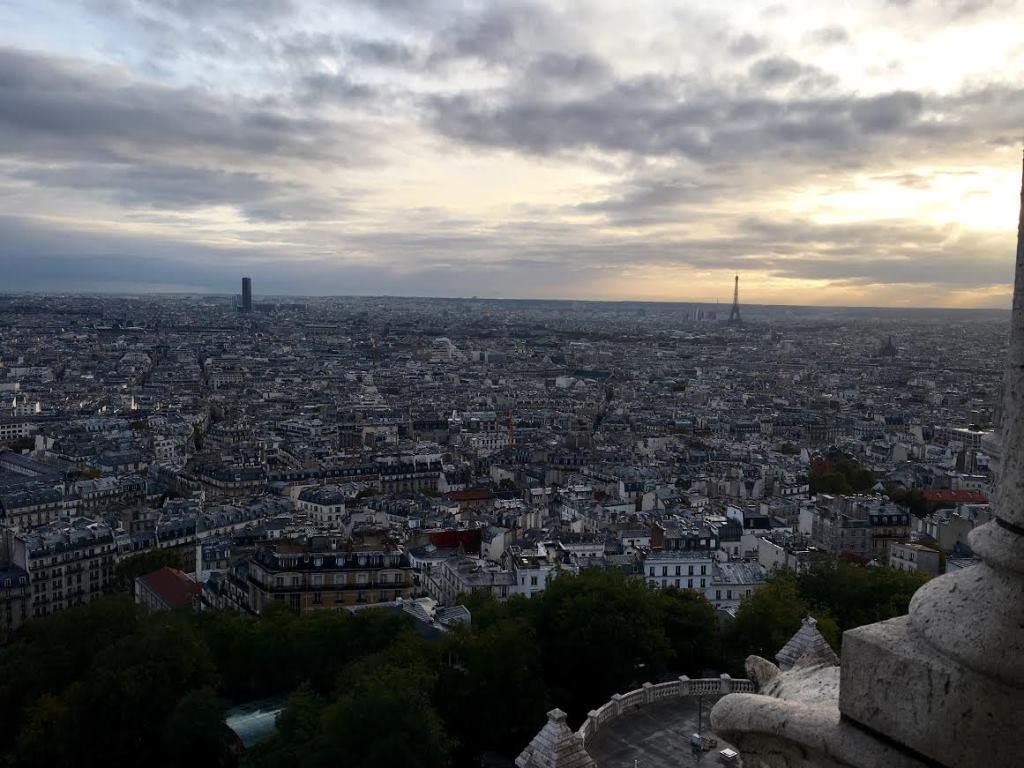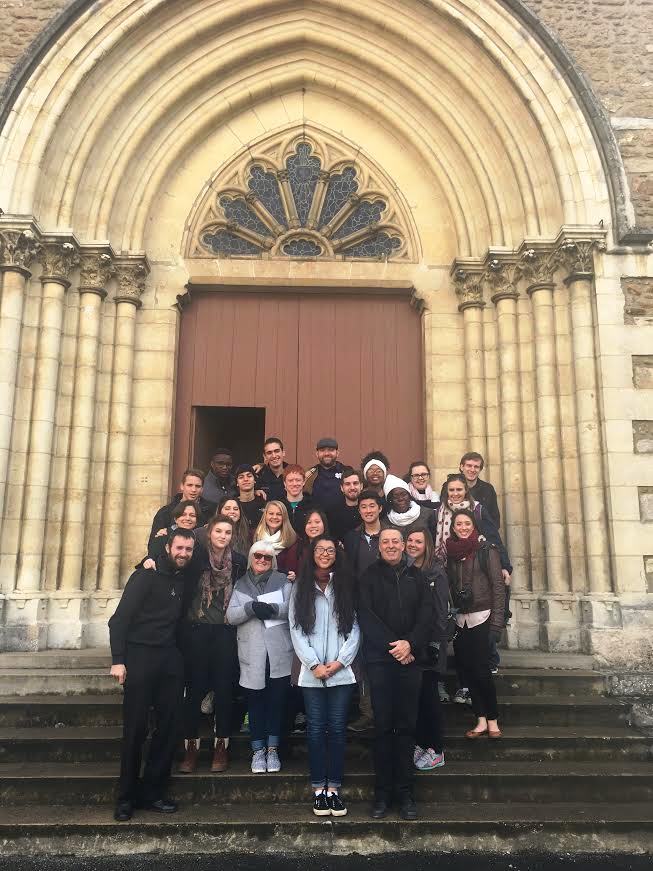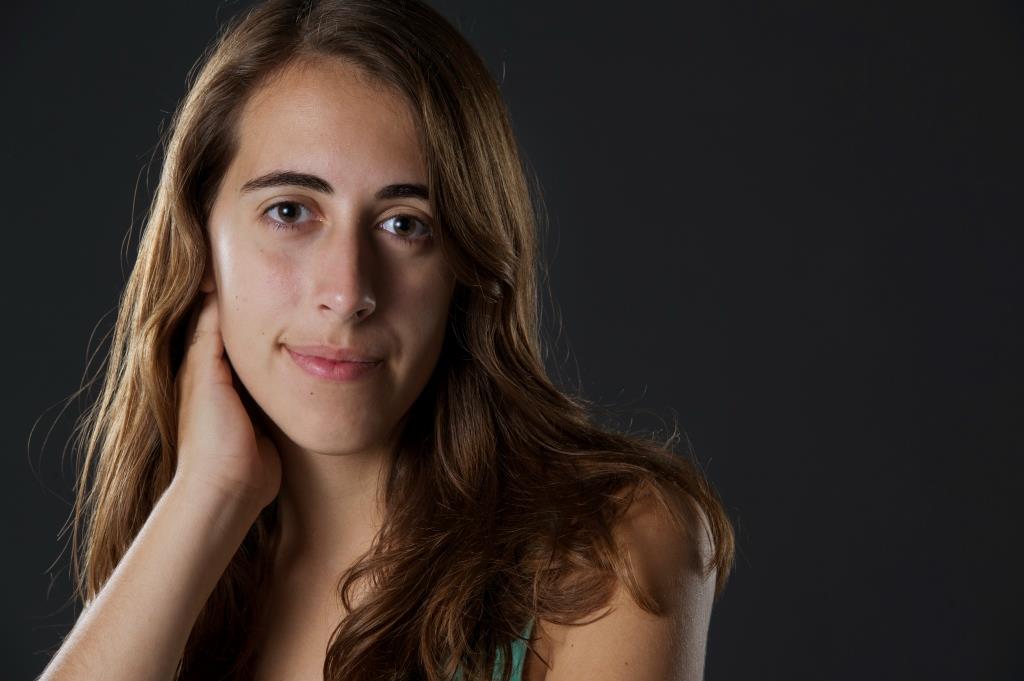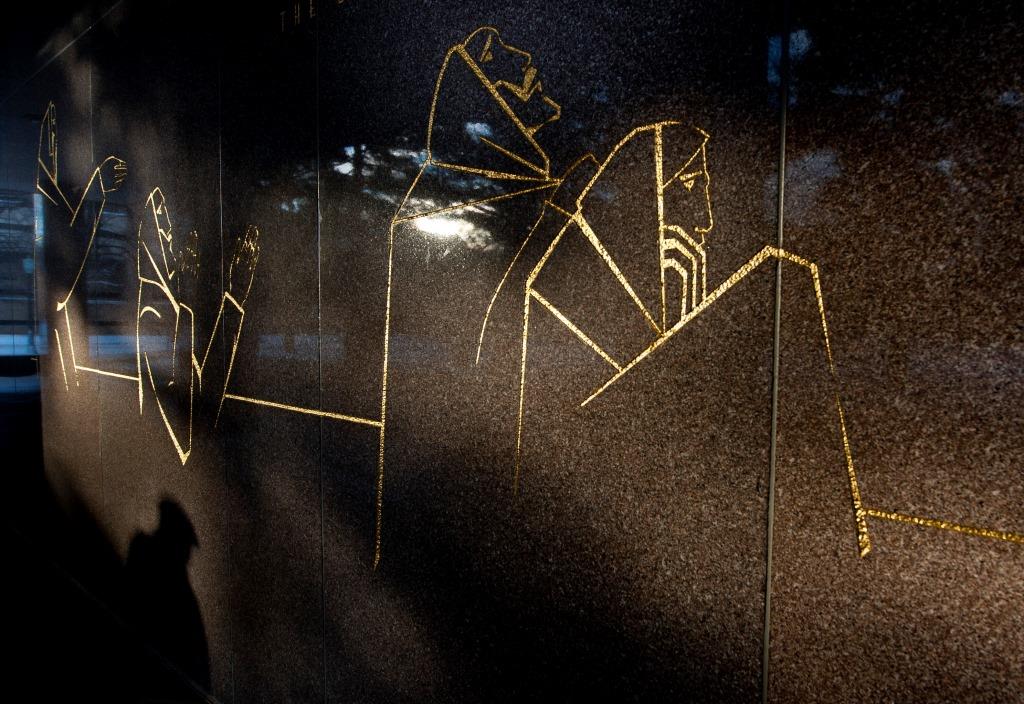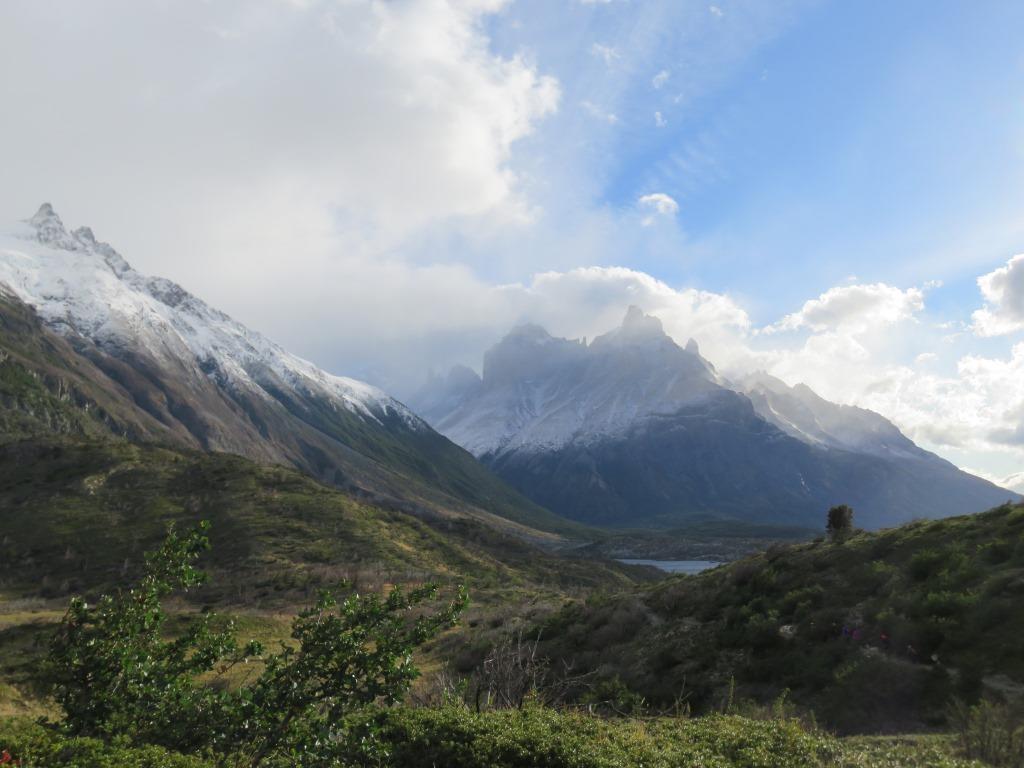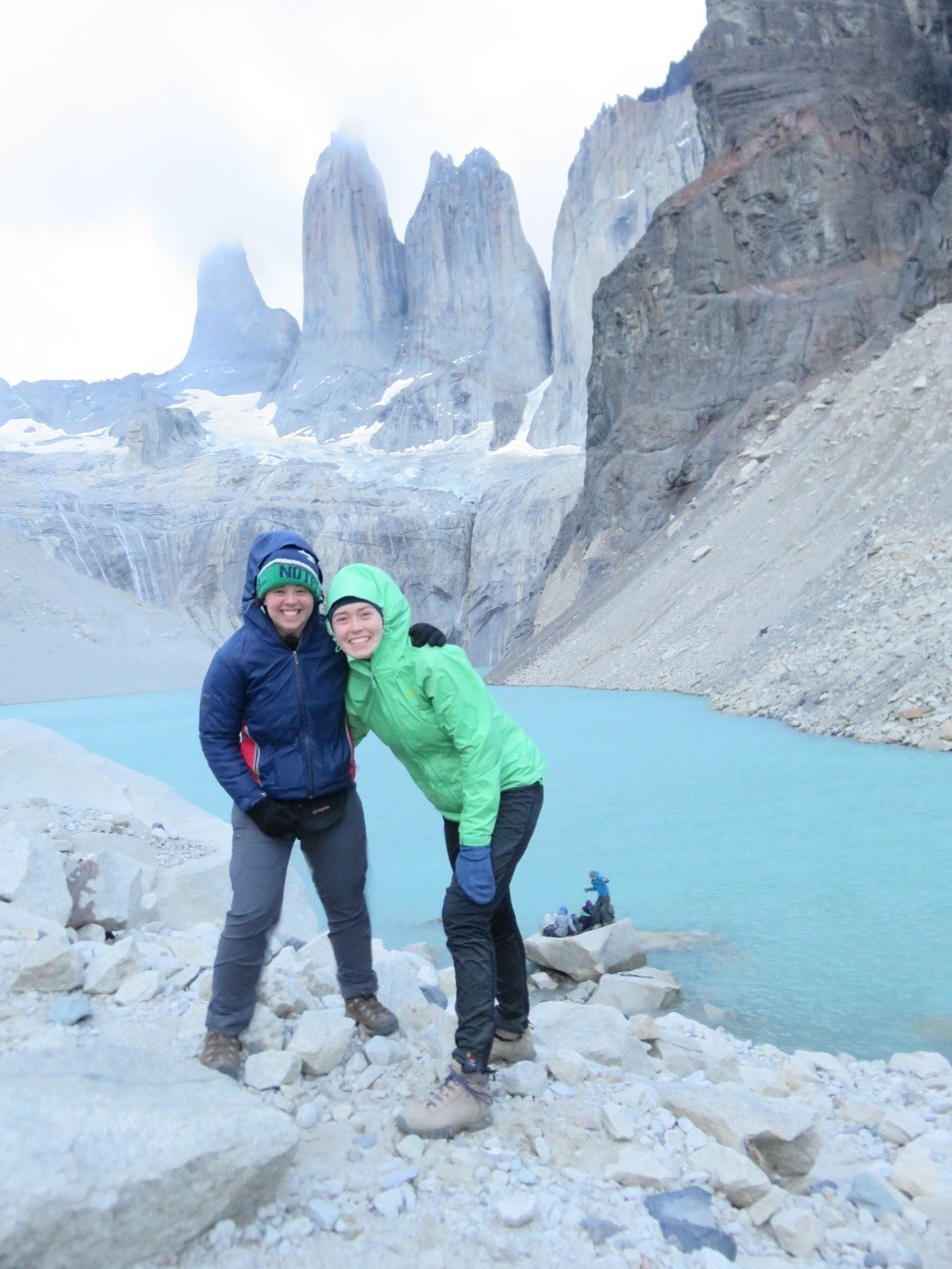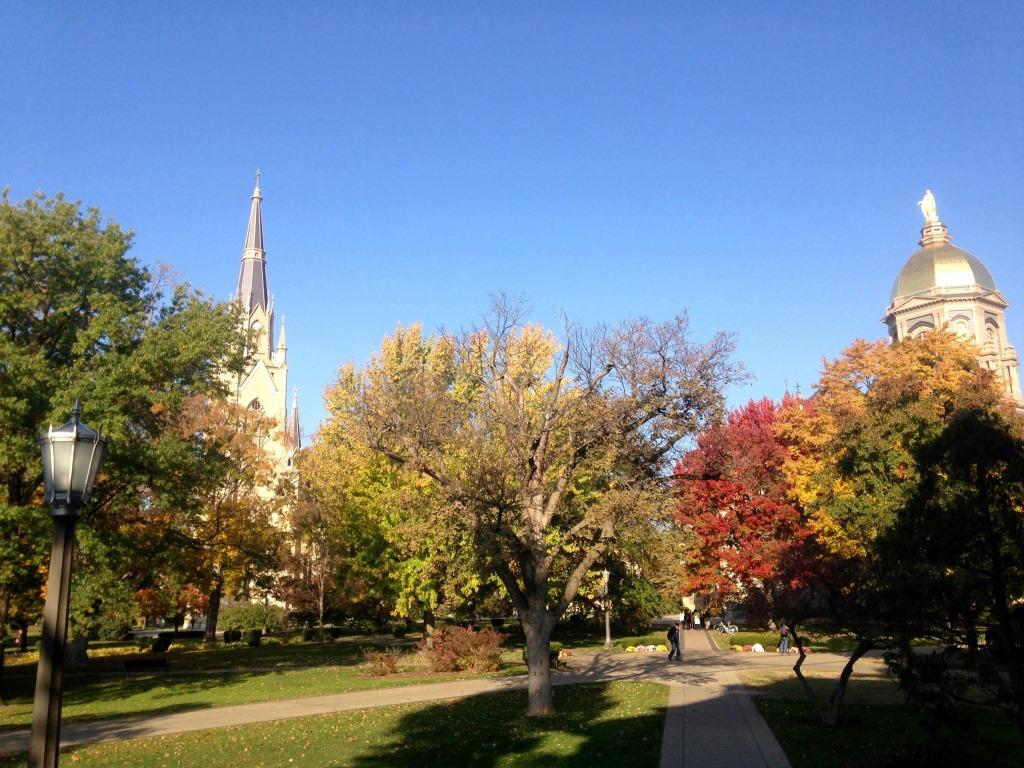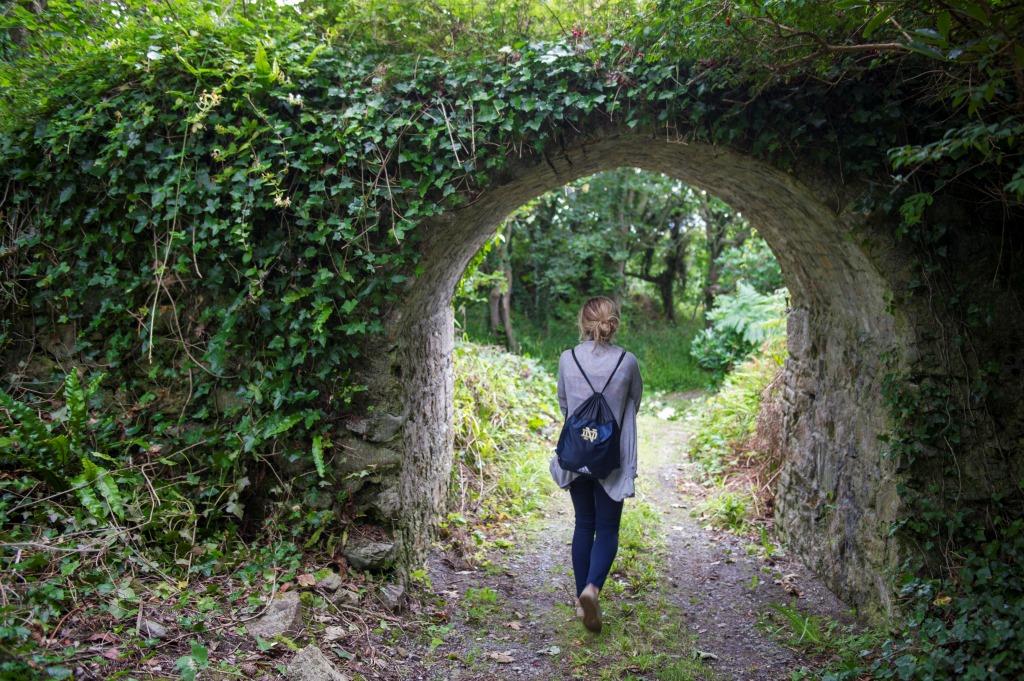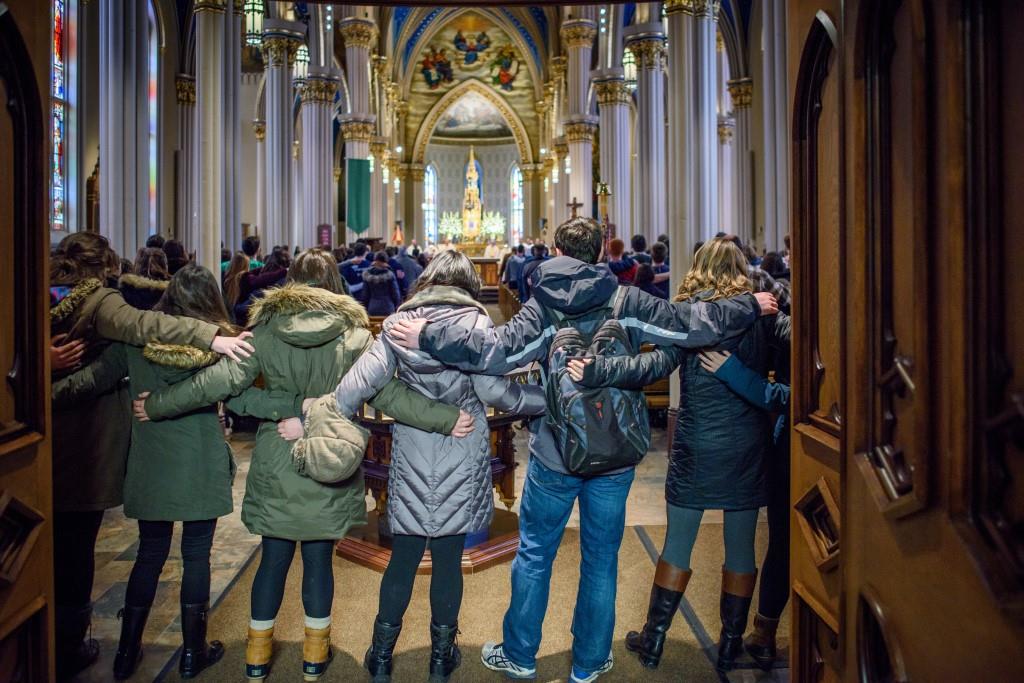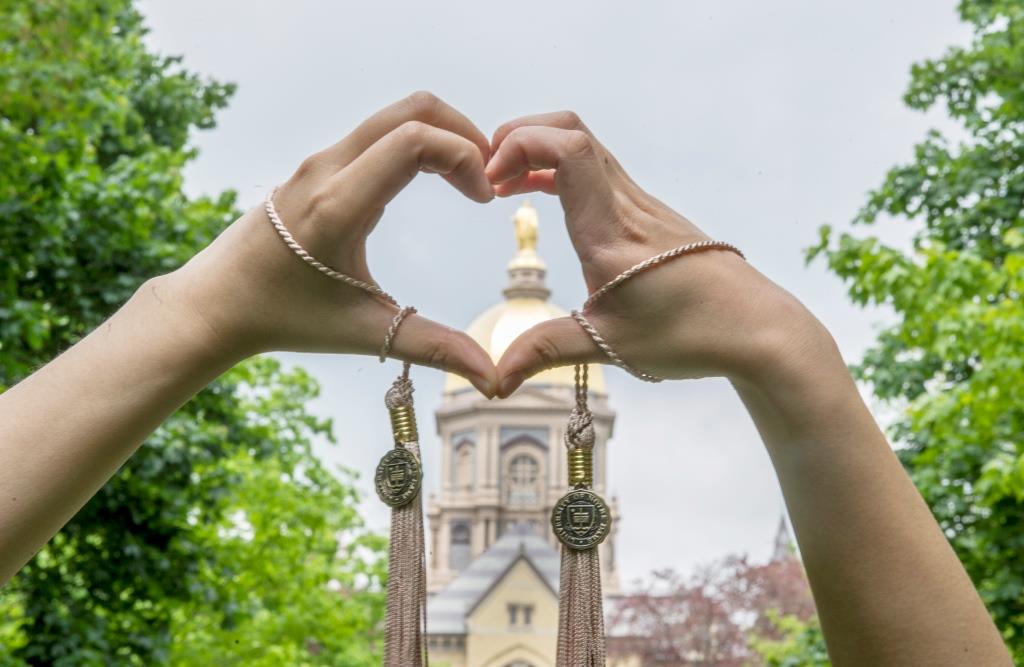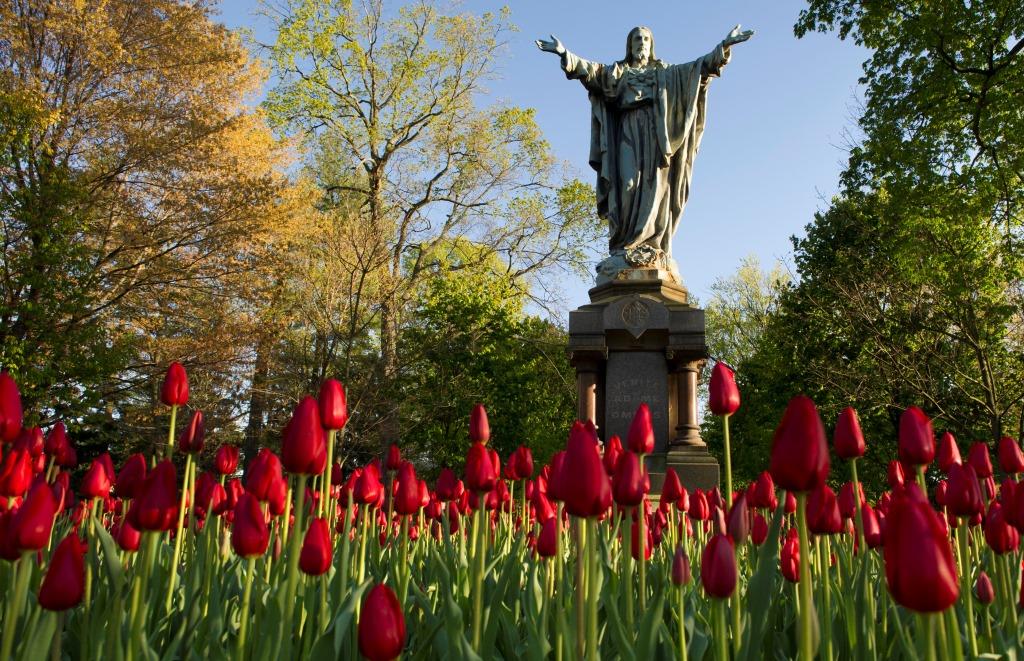Ben Swanson, Senior
On Wednesday, November 9 I walked into the chapel of the Coleman Morse Center and sat down for the adoration slot I had signed up for months before. I had gone to adoration at this time every week before that day and I will continue to go at this time for the rest of the semester. This time, however, meant just a bit more. I had spent the day watching people make their way around campus as if there was a great weight on their shoulders. Some were talking; some couldn’t find the words to say anything at all. I realized that regardless of the results of Tuesday’s election, people in this country were divided and many were feeling broken.
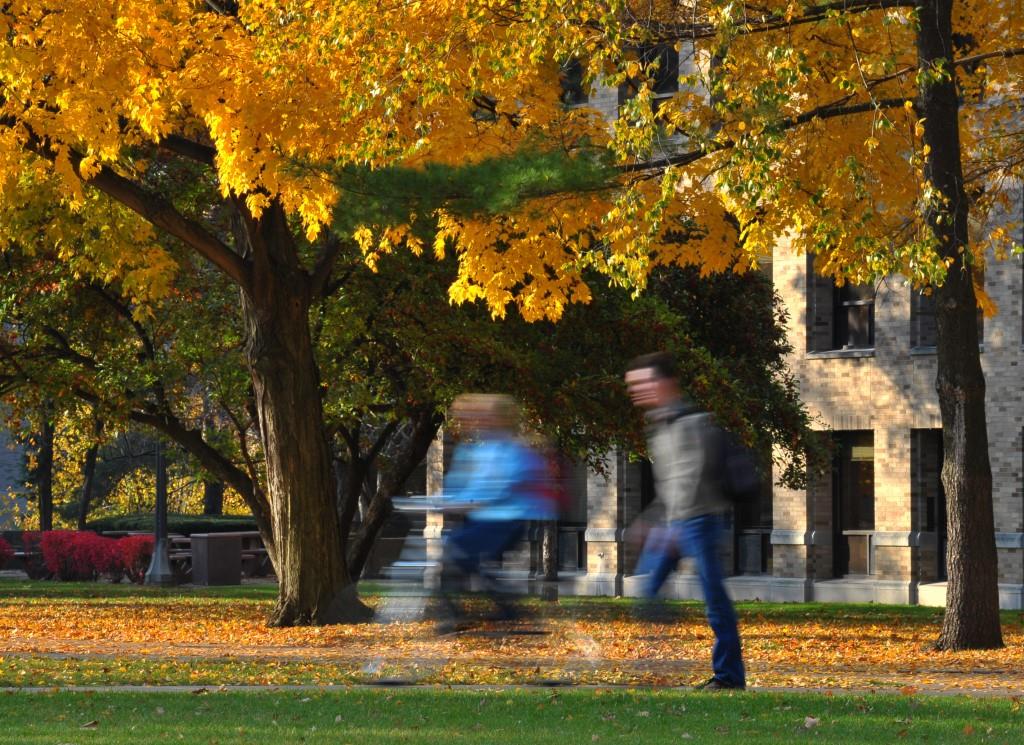
I went around campus trying to look beyond the division to see if Christ was still on the fringes, but people were just too divided to see Him. I went to adoration to ask Him where he had gone and to rise above all the brokenness. I stepped into the chapel, grabbed the Bible from the table, and sat down. This semester I have been working through the gospel of Luke, so I flipped, and read from the next passage:
“I have come to set the earth on fire, and how I wish it were already blazing!
There is a baptism with which I must be baptized, and how great is my anguish until it is accomplished!
Do you think that I have come to establish peace on the earth? No, I tell you, but rather division. From now on a household of five will be divided, three against two and two against three; father will be divided against his son and a son against his father, a mother against her daughter and a daughter against her mother, a mother-in-law against her daughter-in-law and a daughter-in-law against her mother-in-law.”
This is not what I was hoping to hear. I wanted the Bible to tell me everything was going to be alright and all divisions would soon fade. Instead, Jesus tells us our houses will be divided. Our families will be split. Sound familiar?
My fault had been trying to look beyond the division as if somehow Jesus couldn’t exist in that context. Jesus tells us the exact opposite: the division is exactly where Jesus is. Jesus works in our brokenness because it is in times of brokenness and division we turn to Him and to the Father. We cry out as a lost child, “Where are you?” and he responds with the tenderness and care of a parent by scooping us up and holding us tight. We didn’t see Him because we didn’t expect Him to be there with us. We think God is too good and too pure to dirty his hands in the broken lives of humanity. All I had to do was look up and I would have seen how wrong this mindset is. There at the end of the chapel was Jesus hanging, crucified. On that cross is brokenness and division. On that cross is everything we would never want God to see. God entered fully into the darkest places of human existence because every bit of us is worth saving.
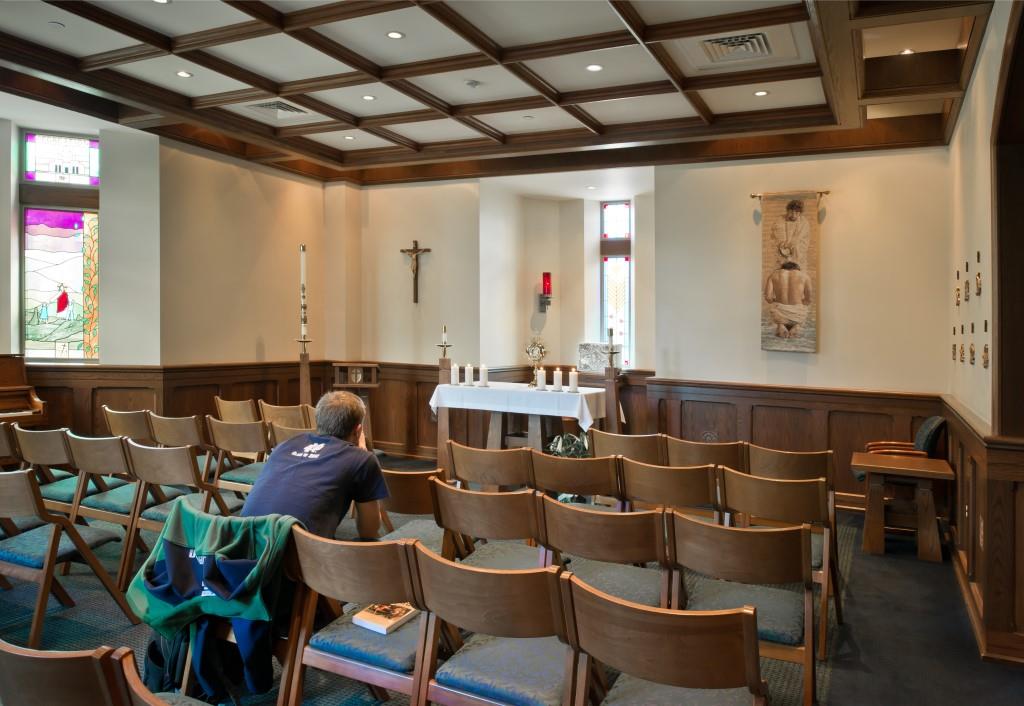
As I have walked around campus since that day, I have not tried to look beyond the division. Instead, I look closely at it and see that Jesus is there waiting for us to turn to Him. We must be willing to let Jesus be with us in our fear and brokenness for we cannot get to Him on our own. Jesus has come to us where we are and he wants to hold us in His arms for he loves us dearly. He is our source of hope and the only way we can fix the brokenness. Jesus will carry us close to his heart. We must only have the trust to let Him see us as we are.
